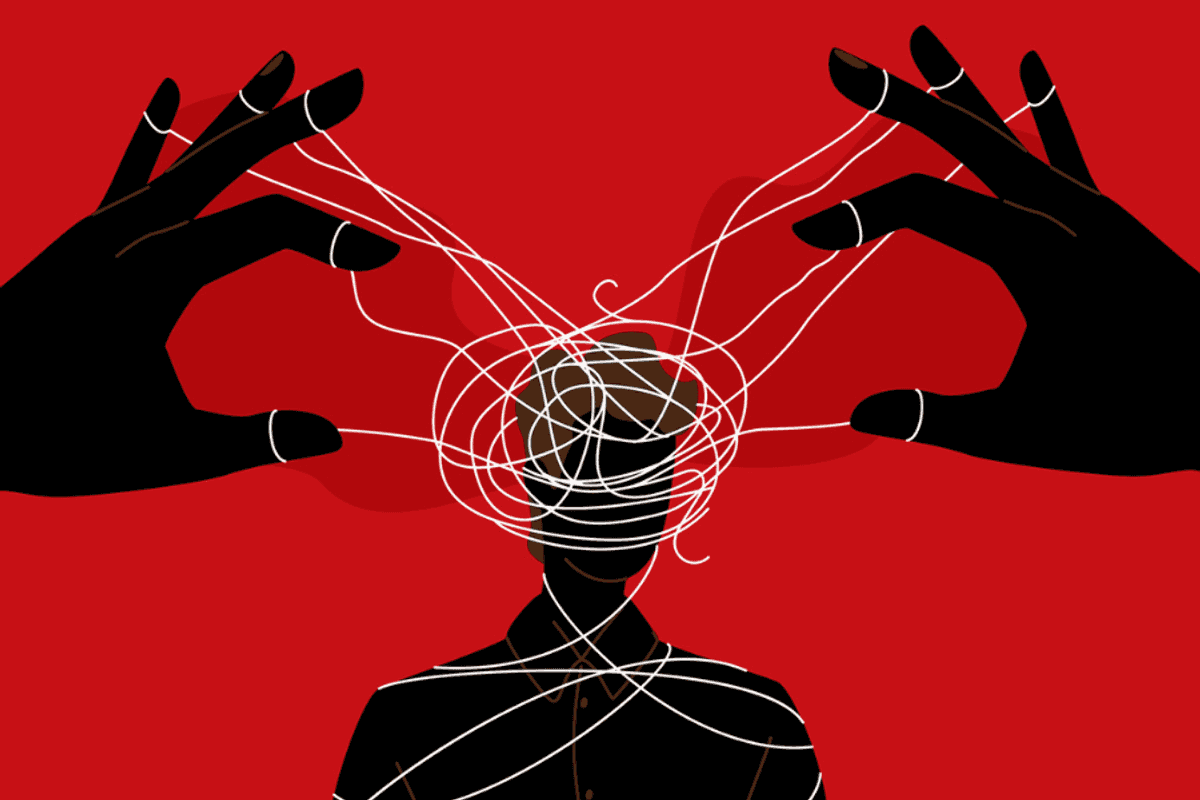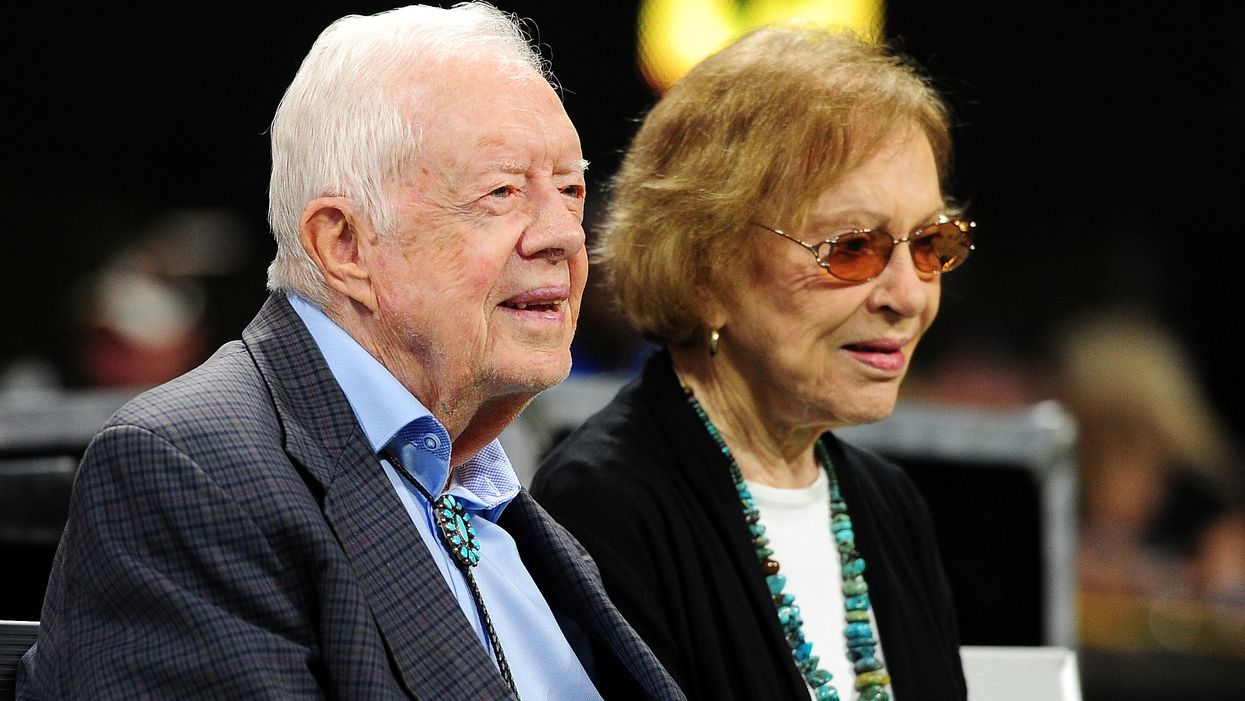The Carter Center's work on the U.S. election this year has drawn a lot of attention. It's a first for the organization, which is known for sending official election observers to emergent democracies in Africa, Latin America and Asia. Election Dissection spoke with David Carroll, director of the Atlanta-based nonprofit's democracy program, to get a better understanding of what they're doing in the United States, the difference between their work here and their projects overseas, and why they turned their attention to America for the 2020 vote.
What is the Carter Center doing in the United States for the 2020 election?
We are focusing our activities on public information, on raising awareness of the importance of accurate information and transparency around elections. With this election, with the COVID pandemic and the expansion of absentee voting, we thought it would be very important for people to know about accurate sources of information. We also wanted to encourage election officials at all levels to be transparent so the public really understands things, so there's less room for misunderstanding.
We know from our work internationally how important it is for there to be public trust. That's what we see increasingly under threat in the U.S.
Why now?
While we've known for some time that the U.S. is deficient in many key areas of election standards, we typically focus on countries with the most at stake in terms of the health of their democracy. Is democracy facing a serious threat? Is there backsliding? Those are the kinds of countries where we've engaged.
Over the past 10 years, it's been increasingly clear there's been a threat to the quality of democracy in the U.S. It became very clear this year's election would be a significant challenge. Is there a transparent process? Will the candidates accept the results? Those are some of the key indicators for whether an election is under threat.
While, some standards we look for in strong democracies haven't been met in the U.S. previously, there hasn't until now been serious doubt among significant portions of the population about accepting election results. Or campaigns signaling they wouldn't accept the results.
What's the difference between the Carter Center's overseas work and what it's doing in the U.S.?
When we do our work internationally, we're there in an official capacity to observe, to provide our assessment of the process. It involves meeting people over a long period of time, writing public reports and assessing key aspects of the elections. That's not what we're doing in the U.S.
The U.S. is a very big country. There are 50 state elections. It's a very complicated framework to analyze, compared to other countries. And we're associated with a former head of state and a senior statesman from the Democratic Party. Some might not see us as an unbiased observer here.
Plus, when we work in the capacity of observers of an election, we're invited by an election authority, In the U.S., that would typically be a secretary of state or a state election director. We've never been officially invited to observe an election in any U.S. state.



















